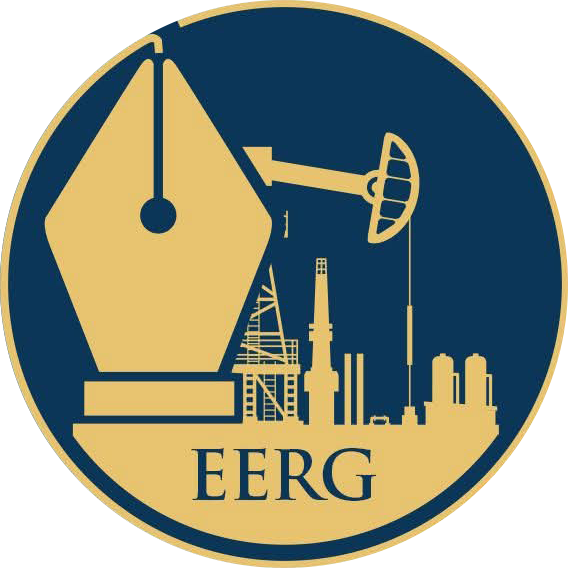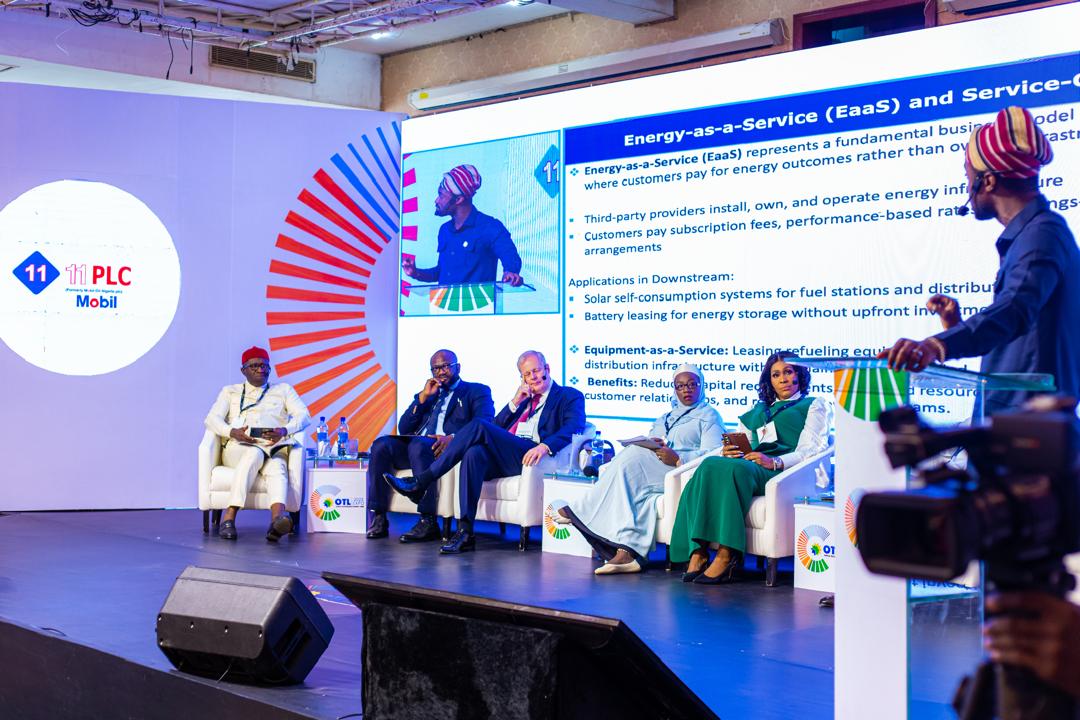Africa’s downstream petroleum market is on the verge of a major transformation, with its value projected to rise from USD 80.5 billion today to USD 120.8 billion by 2032.
The surge will firmly position the continent as the world’s next frontier for downstream energy growth, driven by rapid demand expansion and bold innovation across the sector.
Speaking at the OTL 2025 Expo – Africa’s Downstream Energy Week in Lagos, the Chief Executive Officer of the Chamber of Oil Marketing Companies (COMAC), Dr. Riverson Oppong, noted that Africa’s oil demand is expected to grow by 2.2 million barrels per day (MMB/D) between 2019 and 2035 — a 2.3 percent annual growth rate.
Dr. Oppong, delivering his keynote on “Emerging Business Models within the Downstream Landscape,” described the current period as a transformative era shaped by digitization, diversification, and customer-focused innovation.
“Digitization is no longer optional,” he emphasized. “It is the foundation for capturing value and improving efficiency in modern downstream operations.”
According to Dr. Oppong, digitizing downstream processes can reduce operating costs by 12 to 20 percent, increase throughput by up to 12 percent, and cut unplanned shutdowns by as much as 25 percent. He revealed that Ghanaian downstream operators are already adopting automatic tank gauging, bulk road vehicle tracking, and mobile payment platforms to improve transparency and customer convenience.
From Fuel Stations to Lifestyle Hubs
Dr. Oppong observed that service stations are evolving into lifestyle destinations, integrating convenience stores, digital wallets, and real-time fuel pricing systems. Globally, the demand for convenience services is projected to nearly double by 2030, expanding at an annual rate of more than 5 percent.
He also pointed to the rise of new business models such as Energy-as-a-Service (EaaS), where customers pay for energy outcomes rather than owning infrastructure. In this model, third-party providers install and operate systems like solar panels and battery storage, making energy access more affordable and flexible.
Innovation and Collaboration Driving Growth
Highlighting further opportunities, Dr. Oppong cited mini-refineries, LPG micro-distribution centers, pay-as-you-go delivery models, and strategic joint ventures as key trends redefining Africa’s downstream space. Such collaborations, he explained, allow smaller oil marketing companies to pool resources, cut costs, and compete effectively.
He urged governments and private sector players to strengthen regulatory frameworks, invest in digital infrastructure, and build partnerships that drive innovation and sustainability.
“The future belongs to companies that embrace technology, collaboration, and customer-driven energy solutions,” Dr. Oppong concluded, reinforcing his belief that Africa’s downstream sector will be the next engine of global energy growth.

